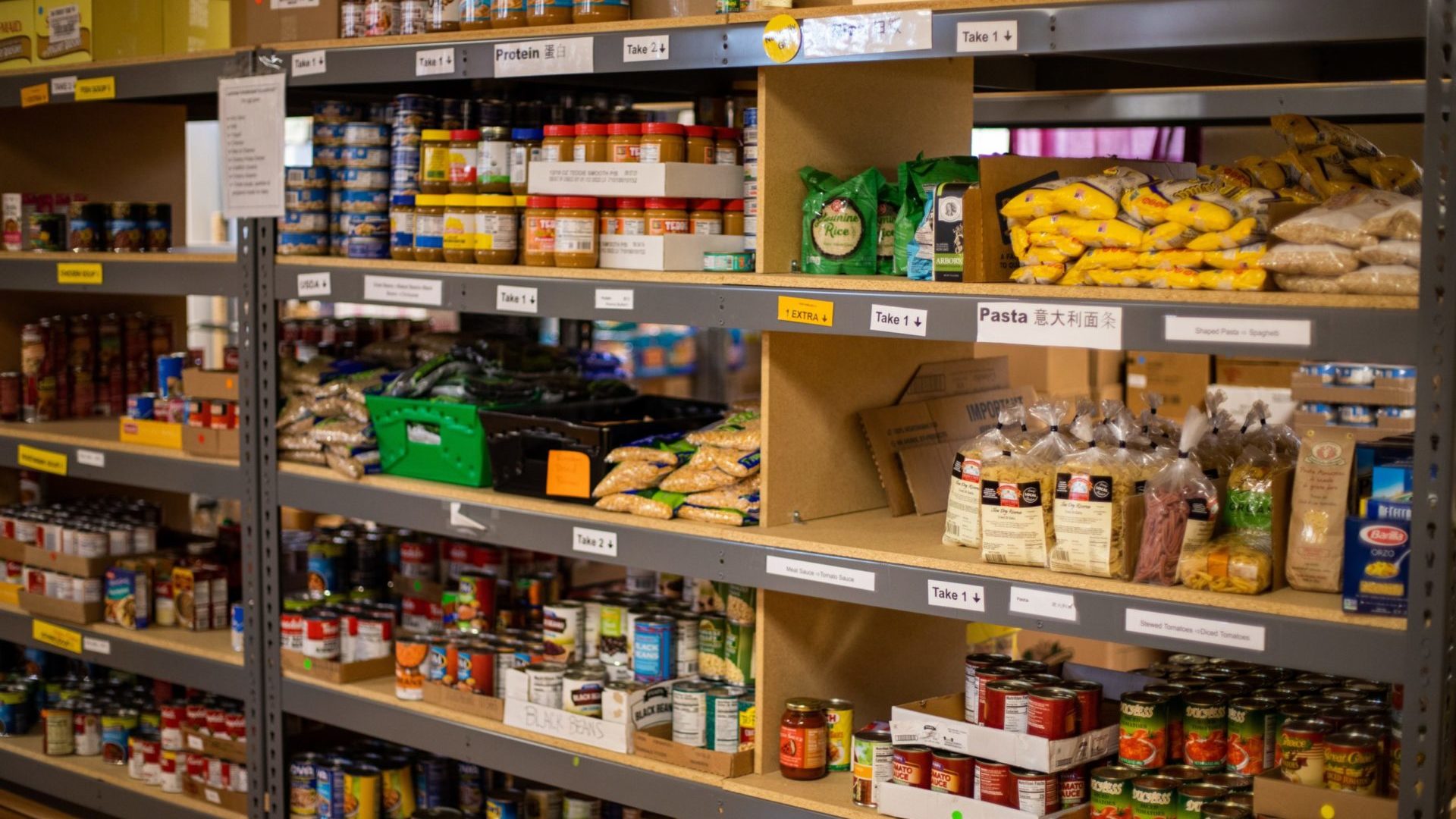Food banks are being forced to cut staple items from their parcels because of the soaring costs of groceries.
New government statistics show the prices of basics such as pasta, tea and vegetable oil have soared at rates far higher than inflation. As the cheapest items become more expensive, millions cannot afford the basics, and low-income households are the hardest hit.
Soaring costs mean people are less likely to donate to food banks, and volunteers are having to purchase food themselves. They are dipping into financial reserves to make up for dramatic falls in donations, but those funds aren’t stretching nearly as far as they once did.
Around 9.7 million adults could not afford food or access it in September, according to the Food Foundation. A further four million children were also impacted.
The poorest families often turn to food banks for help but, with demand soaring and donations falling, organisations are having to cut back on the items they give out. “This is extremely tough and doesn’t feel sustainable,” one food bank manager told The Big Issue.
Vegetable oil has seen the biggest rise over the last year, from £1.56 in September 2021 to £2.58 this year. That’s an increase of 65 per cent. Pasta, meanwhile, saw prices soar by 60 per cent – from 38p to 61p.









